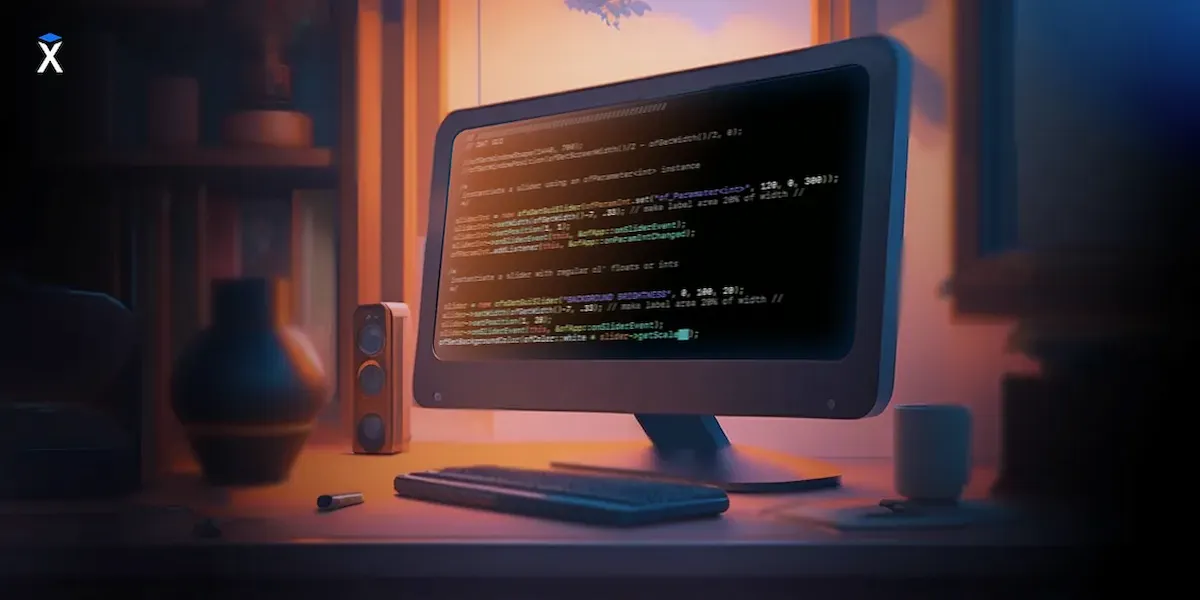Learning Traps

At some point during the learning process, you'll find that expectations don't match reality, and you don't see the desired result. There can be many reasons, but among them are those associated with cognitive distortions. This is the type of reason we're going to talk about here.
Traps
I'm not being taught correctly
Although it happens all the time, students are often not aware of the depth of the process that is taking place. The brain is used to approaches laid down by parents, schools or workplaces, and does not see the connection. Students can be frightened by the uncertainty and unpredictability (from their point of view).
I think everyone had a similar experience at school, thinking a teacher was a villain, but years later referring to them as the only one who really taught us something. The same thing happens at the institute.
We must not forget that learning new things is always uncomfortable, especially when your brain gets confused and doesn't know what to do. For the same reason, doing physical exercises requiring complex body coordination is a very effective way to train the body. Look at the functional learning prevalent in modern fitness.
This point is also indirectly related to the Dunning-Kruger effect.
I got it
I understand everything, but I get stumped when it comes to practice
Such a message was left by a Hexlet user in one of our tutorials 10 minutes before I sat down to write this article.
The "I get it" effect is incredibly common among the vast majority of people. When we take in a theory, we think we understand everything. But when it comes to practice, it turns out that nothing works. So it turns out that, in fact, "I did not understand anything".
There are many techniques to help determine your real understanding of what you have learned, for example:
- Try to do it yourself in practice
- Explain to someone else in your own words, so that they also understand (as a course author, I learn more than my students learn)
Until you have checked your "understanding," bear in mind that you may be at the mercy of the "I got it" effect, which cannot be trusted.
This is also why big theoretical courses and books, isolated from practical activities, rarely work. You can go through them to the end with a sense of understanding of what is going on, but without practice, this will be self-delusion.
I have to know how to do it right, before I start
At Hexlet, we encountered this effect in projects, although it is also found in the course practices.
Let's start with an analogy. Remember high school physics, algebra, geometry, and chemistry. In these classes, we solved many exercises, and there was never a moment when we could say "I can easily solve any problem now" (about that known theory). That is, you're certain you understand the problem's theory, but still cannot solve it. And even after dozens of solved problems, there are still some that you just can't get.
Any task in these areas is more than just applying theory - it involves many types of thinking to help break down the task into parts, highlighting central aspects, finding patterns, and combining known techniques. Not to mention that, in the process, you will constantly make mistakes and discard wrong solutions. Gradually a "feel" for it appears - there are fewer mistakes and more direct hits.
This is what learning is all about. Unfortunately or fortunately, there is no other way. Remarkable conclusions:
- There is no one right way, much less "the right" way. There are always compromises
- You can't know "the right thing" in advance. Successful solutions are fundamental knowledge + experience of previous generations + your own experience
- Trying to use an existing (possibly appropriate) solution without a deeper understanding of the problem (the most common situation) leads to a false sense of "I can" (not just "I know"). In my experience, I constantly see the same scenario: a programmer with years of experience gets into a situation where a familiar tool doesn't work, gets lost, and end up doing nothing or making something completely unusable
It's interesting that it's more important to know "what not to do" rather than "why". And, although you can almost always read about it online or in books, it is only your own experience that the brain truly recognizes and understands.
Learning through mistakes
This is at the heart of all Hexlet learning. Many courses and all projects are designed on the principle of "learning by doing". That is, at first we give you fairly simple solutions, but when we expand, debug and maintain, they will be more difficult. We show and tell you exactly how. And, sometimes, if a student can't find the solution themselves, we tell them which way to go. It may take many attempts until it works.
The process produces thinking people - those who can independently make decisions, assess risks, and see cause-and-effect relationships.
Kirill Mokevnin
4 years ago
1
Categories
